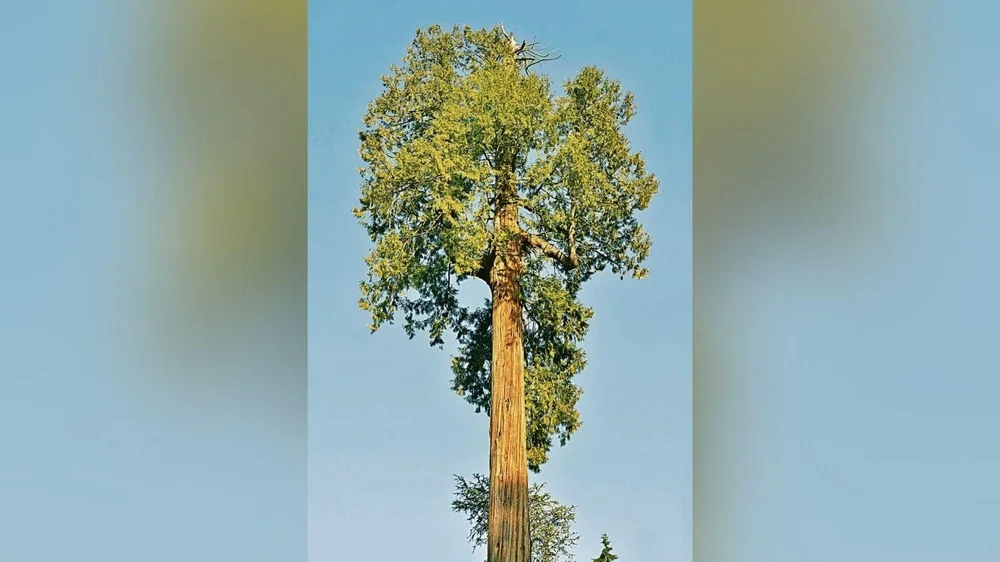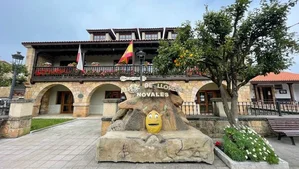The Deadly Pine Processionary Caterpillar: A Hidden Threat to Pets and Humans in Spain

For expats and locals alike in southern Spain, the arrival of spring brings with it a multitude of joys, from blooming flowers to warmer weather. However, it also marks the emergence of a lesser-known but highly dangerous creature: the Pine Processionary Caterpillar.
The Danger Lurking in the Pines
These caterpillars, known for their distinctive processions, are not just a nuisance; they are a significant threat to pets, particularly dogs, and can also pose serious health risks to humans. The Pine Processionary Caterpillar is feared by many dog owners in the region, and for good reason. Their hairy bodies contain urticating hairs that can cause severe allergic reactions, and in the case of dogs, these reactions can be fatal.
When and Where to Be Cautious
The caterpillars are most active during the winter and early spring months, typically from December to April. They are found in pine forests and can sometimes be spotted in urban areas, especially where pine trees are present. Regions like Andalucia, with its abundant pine forests, are particularly prone to infestations.
Personal Accounts of the Danger
Linn Haglund, an avid hiker and long-time resident of Andalucia, has firsthand experience with the dangers of these caterpillars. She recounts instances where dogs have died after coming into contact with them and notes the alarming lack of awareness among locals and visitors about the risks these creatures pose. Haglund emphasizes the importance of respecting these caterpillars' territory and taking necessary precautions when hiking or walking in areas where they are known to exist.
What to Do in Case of Contact
If you or your pet comes into contact with a Pine Processionary Caterpillar, immediate action is crucial. For pets, especially dogs, it is essential to seek veterinary care immediately if they show any signs of distress, such as excessive drooling, vomiting, or difficulty breathing. For humans, washing the affected area thoroughly and seeking medical attention if symptoms persist is advised.
Community Awareness
The lack of awareness about the dangers of these caterpillars is a significant concern. Many locals, despite living in the region their entire lives, remain unaware of the risks. Spreading information and educating the community is vital to preventing accidents and ensuring public safety.
Additional Precautions
When walking in areas where Pine Processionary Caterpillars are known to exist, it is wise to keep pets on a leash and avoid letting them sniff or come into contact with any suspicious-looking caterpillars. Wearing protective clothing and staying alert for signs of caterpillar activity can also help mitigate the risk.
In conclusion, while the Pine Processionary Caterpillar may seem like a minor pest, it poses a significant and potentially deadly threat to both pets and humans. By being aware of their presence, taking necessary precautions, and spreading awareness, we can all enjoy the beautiful outdoors of Spain while staying safe from these hidden dangers.
Related Stories

Veterinarians Denounce Spanish Law for Endangering Animals
Spanish veterinarians criticize the Animal Welfare Law for failing to protect hunting dogs, exposing them to abuse and neglect, with protests planned to demand change.

How to Prevent Your Dog from Biting or Destroying Furniture: Essential Tips for Expats in Spain
Expats in Spain can prevent their dogs from biting or destroying furniture with training, exercise, and understanding their behavior.

Municipal Council to Subsidize Farmers for Using Mastiff Dogs to Protect Against Wolf Attacks in Saja-Besaya
Saja-Besaya council to subsidize farmers for using mastiff dogs against wolf attacks, aiming to protect livestock and balance ecosystem needs.

Madrid Zoo Bids Farewell to Beloved Dolphins
Madrid Zoo mourns the loss of its cherished dolphins, marking a significant moment for both the zoo and its visitors, as they remember the animals' legacy and impact on marine conservation.

Concerns in Valdeolea, Cantabria: Repeated Wolf Attacks on Livestock Now Include a Bear
Valdeolea, Cantabria faces a growing wildlife challenge as wolf attacks on livestock escalate, now joined by a bear, highlighting the struggle between conservation and farming.